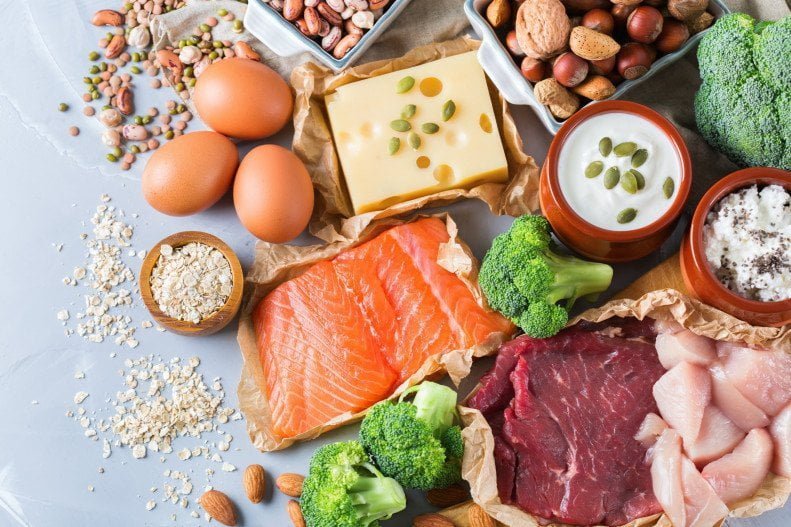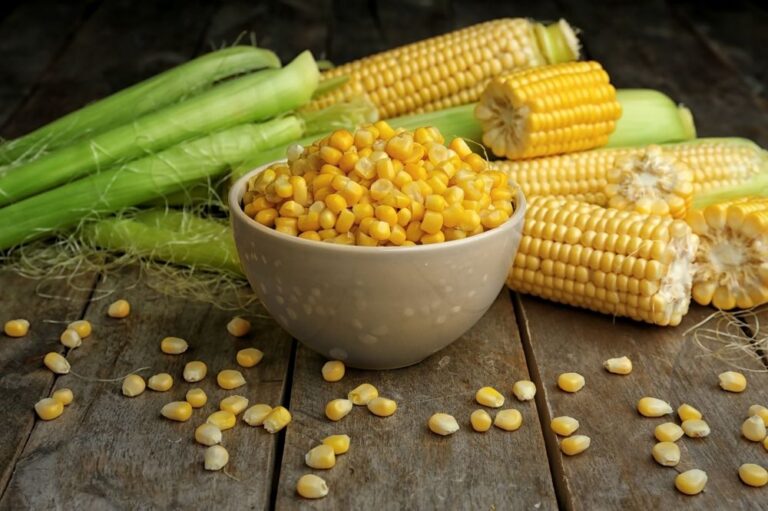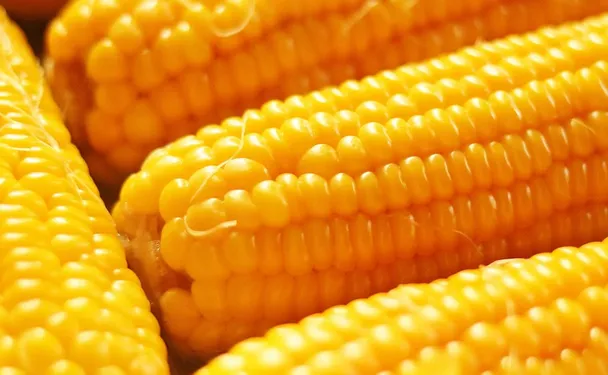Eating eggs every day can be a part of a healthy diet for many people, but it depends on your overall dietary habits, preferences, and individual health considerations. Consuming eggs as a daily morning repast: Is it a dietary choice that merits our consideration? The query revolves around the delicate balance of nutritional intricacies and gustatory diversity. They are a source of protein and healthy carbohydrates, and they can help you meet your daily nutritional needs.
The Powerhouse Of Nutrition
Egg whites are the clear, thick liquid that surrounds the bright yellow yolk of an egg. In a fertilized egg, they act as a protective layer to defend a growing chicken from harmful bacteria. They also provide some nutrients for its growth. Egg whites are made up of around 90% water and 10% protein.
So if you remove the yolk and choose just the egg white, then the nutritional value of your egg changes considerably. An egg white contains fewer calories than a whole egg. It is also lower in protein, cholesterol, fat, vitamins and minerals. The egg whites from a large egg contain 4 grams of protein and only 17 calories. This can make them a good food choice for people trying to lose weight. Egg whites are low in fat and contain no cholesterol.

Image Source: pexels.com
Vitamins And Minerals
Eggs are not just about protein.
Egg yolks are one of a handful of foods that naturally contain vitamin D. A serving of two eggs provides 82% of your recommended daily intake of vitamin D – making them an all-important source of this essential vitamin.
They are also loaded with essential vitamins and minerals. Some outstanding nutrients found in eggs include:
Vitamin: A large amount of vitamins are found in eggs which is very beneficial for our health and bones. The egg yolk contains different types of vitamins like A, D, E, K, B1, B2, B5, B6, B9 and B12. Eating two eggs per day covers 10% to 30% of the vitamin requirements for humans.
Selenium: This antioxidant is powerful and essential for securing your cells from damage and maintaining a healthy immune system.

Image Source: pexels.com
Here are some things to keep in mind:
Cholesterol:
Eggs are relatively high in dietary cholesterol. If you have high cholesterol or are at risk of heart disease, you may want to limit your egg consumption. However, for most people, dietary cholesterol has less of an impact on blood cholesterol levels than saturated and trans fats. Eggs help increase high-density lipoprotein (HDL) levels – or “good” cholesterol as it’s commonly known – and this is one reason why eggs have been found to have little to no effect on heart disease risk.
Balance and Variety:
It’s essential to maintain a balanced diet that includes a variety of foods from different food groups. Relying solely on eggs for protein and nutrients may not provide all the essential nutrients your body needs.
Individual Needs:
Your specific dietary needs may vary based on factors like age, activity level, and overall health.
Preparation Matters:
How you prepare your eggs can affect their health. Boiling, poaching, or scrambling eggs with minimal added fats is generally healthier than frying them in butter or oil.
It’s essential to consider your individual health status and dietary preferences. Moderation and variety in your diet are key, so you don’t have to eat eggs every day to maintain good health. A balanced diet that includes a mix of protein sources, fruits, vegetables, whole grains, and healthy fats is generally recommended for overall health. If you have specific dietary concerns or health conditions, consult with a healthcare professional or registered dietitian for personalized guidance.






